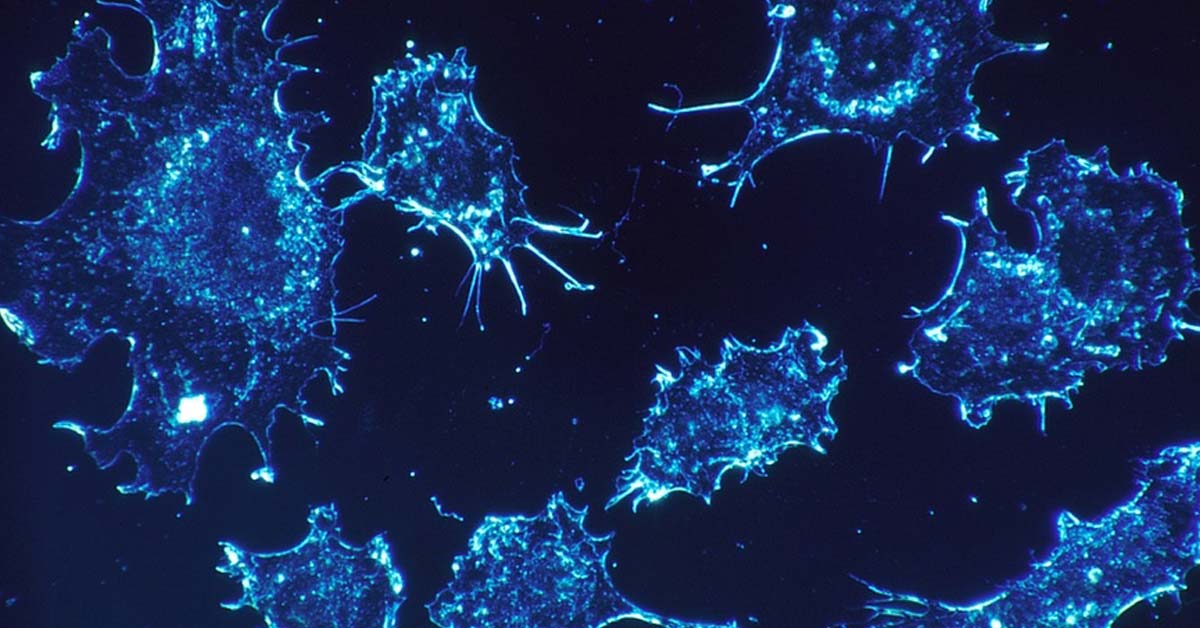The Centers for Medicare and Medicaid Services launched a brand-new, redesigned site to help the 60 million eligible for Part D coverage and Medicare Advantage to comparison shop their plans. New research in cancer offers the potential for breakthroughs in non-small-cell lung cancer. MedCo’s new cholesterol-lowering drug might give Amgen and Sanofi a run for their money. This and more in this week’s Innovation Partners BioBlog.

NCCN Academy for Excellence & Leadership in Oncology
School of Pharmaceutical & Biotech Business
10.29.19 Scottsdale, AZ
This program will give pharmaceutical and biotechnology professionals the rare opportunity to view the oncology space, its future and its current operational issues from the provider, advocacy, and payer perspectives.
NCCN Academy for Excellence & Leadership in Oncology – School of Pharmaceutical & Biotech Business will take place on Tuesday, October 29 at The Phoenician in Scottsdale, Arizona.
Tumor cell metabolism diagnostic could predict NSCLC treatment responses: study
Researchers at the Institute for Systems Biology have found that by charting individual tumor cell growth on a chip, they could predict treatment responses for patients with non-small cell lung cancer. The research team also looked at the molecular basis responsible for triggering different metabolic states. The goal is to use this research to find possible new treatments for patients who do not respond well to chemotherapy or targeted drugs.
READ MORE
Medicare Plan Finder gets upgrade for the first time in a decade
The Centers for Medicare and Medicaid Services launched a redesigned Medicare Plan Finder, the first such relaunch in over a decade. It is the most often used tool on the Medicare website and allows people to shop and compare Medicare Part D and Medicare Advantage plans. The new design features mobile-friendly features and personalized user experience. It is estimated that 60 million people are eligible for these plans.
READ MORE
$3K for folic acid? CVS Caremark takes aim at ‘hyperinflated’ drug prices
CVS Caremark is taking a hard look at hyperinflated drug prices. The company has begun to remove them from their formularies. The pharmacy benefit manager (PBM) launched its program for “hyperinflation” drug removals in 2017 in which it will take drugs off its template formulary if they have far cheaper equivalents and their high prices aren’t backed by quality metrics. Five have been identified to date. Caremark says it has saved clients an average of $15 per 30-day supply of drugs.
READ MORE
One-third of pre-approved prescription drugs have not completed the FDA approval process
The FDA introduced the Accelerated Approval Program in 1992 to bring more drugs to market quickly. However, a new report to be published in an upcoming issue of the INFORMS journal Manufacturing and Service Operations Management reveals a large number of drug manufacturers have yet to complete the drug approval process. This leaves a significant number of drugs on the market without full FDA approval. According to research analyzing publicly available data from 2014 to 2018, the promised studies remain incomplete. From 1992 to 2008, 36% of post-market studies had not been completed, and 50% of the uncompleted studies took an average of five years to start.
READ MORE
MedCo’s PCSK9 challenger steals the show at ESC with winning data
Phase 3 trial data shows that MedCo’s cholesterol-lowering drug is at least as safe and effective as its two rivals. A 1,617-patient study showed that inclisiran cut bad cholesterol by 54% when added to statin therapy. This is comparable to the 50%-plus statistic found in the other two PCSK9 inhibitors, Amgen’s Repatha and Sanofi and Regeneron’s Praluent, in their own trials. Some industry experts watched the trials carefully because MedCo’s drug uses an Alnylam Pharmaceuticals delivery platform recently linked with liver toxicity concerns.
READ MORE
Achilles raises £100M for personalized T cell solid tumor trials
Achilles Therapeutics has raised a £100 million ($120 million) series B round. The financing sets Achilles up to run human proof-of-concept studies of its personalized T-cell therapies in two types of solid tumors. Working with an initial £13.2 million series A and other funding, Achilles has taken two programs to the edge of the clinic. The British biotech received clearance to start testing one asset in non-small cell lung cancer in January and followed up with the approval to run a trial in melanoma patients the next month.
READ MORE



